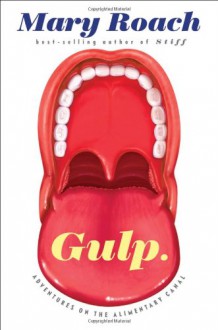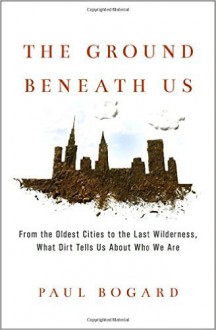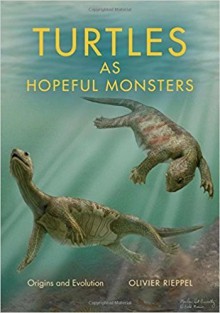
TITLE: Turtles as Hopeful Monsters: Origins and Evolution
AUTHOR: Olivier Rieppel
DATE PUBLISHED: 2017
FORMAT: Hardcover
ISBN-13: 9780253024756
__________________________
DESCRIPTION:
"Where do turtles hail from? Why and how did they acquire shells? These questions have spurred heated debate and intense research for more than two hundred years. Brilliantly weaving evidence from the latest paleontological discoveries with an accessible, incisive look at different theories of biological evolution and their proponents, Turtles as Hopeful Monsters tells the fascinating evolutionary story of the shelled reptiles.  Paleontologist Olivier Rieppel traces the evolution of turtles from over 220 million years ago, examining closely the relationship of turtles to other reptiles and charting the development of the shell. Turtle issues fuel a debate between proponents of gradual evolutionary change and authors favoring change through bursts and leaps of macromutation. The first book-length popular history of its type, this indispensable resource is an engaging read for all those fascinated by this ubiquitous and uniquely shaped reptile."
Paleontologist Olivier Rieppel traces the evolution of turtles from over 220 million years ago, examining closely the relationship of turtles to other reptiles and charting the development of the shell. Turtle issues fuel a debate between proponents of gradual evolutionary change and authors favoring change through bursts and leaps of macromutation. The first book-length popular history of its type, this indispensable resource is an engaging read for all those fascinated by this ubiquitous and uniquely shaped reptile."
__________________________
REVIEW:
This is an article about turtle evolution, excessively padded with biographical and historical material to turn it into a short book. The information about turtles was technical and interesting, but the reader has to sift through vast quanitites of (mostly irrelevant) text on various researchers (including the author) - their biographies, places of residence and work, politics, field trips, historical context and the like. Turtles only make an appearance halfway through the book. This made the whole book rather tedious despite the interesting examination of turtle evolutionary developmental history. The book also covers the development of evolutionary theory and cladistics. Some sketches and graphics were included, but nothing particularly exciting or useful.
OTHER RECOMMENDED BOOK
Voyage of the Turtle: In Pursuit of the Earth's Last Dinosaur by Carl Safina
____________________________

PS: I just found more useful diagrams and information on turtle evolution looking for diagrams to add to this review!

_______________________________________________
INTERESTING TURTLE ARTICLES
A Glowing Sea Turtle: World's First Bioflourescent Reptile
What's the Difference between Turtle, Tortoise & Terrapin?

 Log in with Facebook
Log in with Facebook 
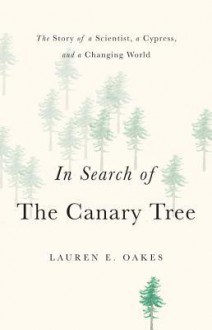
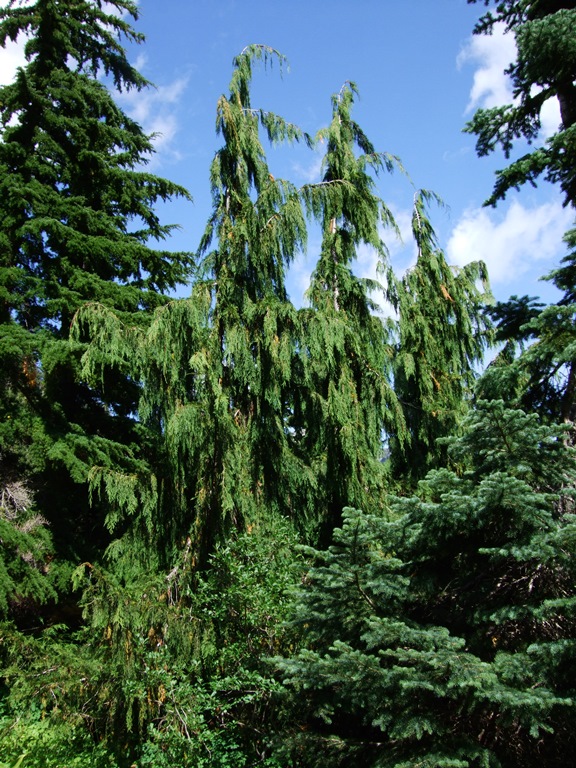 In Search of the Canary Tree is not so much a popular science book about a specific topic, but rather the author’s personal experiences while doing research for her PhD project in Alaska. In the author’s own words: "This book is about a species - a tree called
In Search of the Canary Tree is not so much a popular science book about a specific topic, but rather the author’s personal experiences while doing research for her PhD project in Alaska. In the author’s own words: "This book is about a species - a tree called 

